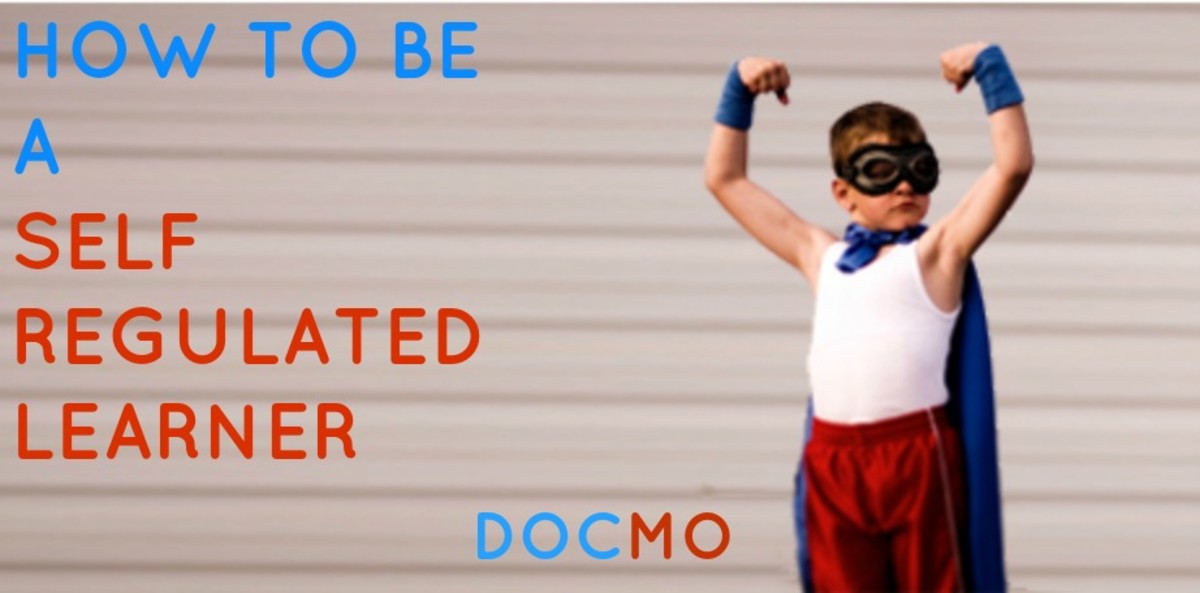How Students should present arguments
Article By KARISHMA HYDER
Being a student of law, it is rather difficult, not to be different from a door mat. Being opinionative is a common trait and being critical, another. However, these convictions of mine which I had believed in, till I actually became a law student, were in fact wrong by a great extent. Being all that is stated above does not actually come hand in hand with becoming a student of any particular subject, rather it comes from who you actually are and the amount of confidence you have. Exposure, that is, being exposed to topics that can be argued from both sides is also vital to becoming all that mentioned above. Some of you who will be reading this, considering that you lack no self confidence or suffer from no amount of shyness when it comes to public speaking, might be wondering why this even needs to be an issue. However, for those, I beg to differ. This is an issue that needs deep consideration and I myself became fully aware of this while studying Feminism during my Jurisprudence class.

What came to me naturally was feared and met with silence from most of my class mates. Issues and topics that I was used to arguing or defending or contemplating with my friends and families became topics that many did not even think about till they started this class. In the beginning, I too, like those lacking perception, thought the point of studying feminism as a discussion class quite unnecessary. Thankfully my wrongful thinking was righted soon enough or, at least, as soon as I understood the position of many of the other students. They did not have any stance on anything that the teacher asked. For example, if the teacher asked ‘do you think that a rapist should be given a death sentence’ to each of the students, most of them would of course have to say either ‘yes’ or ‘no’. However, after their initial decision between ‘yes’ or ‘no’, they did not know the reason behind it. Of course the teacher would eventually ask the reason behind their answers, but most of them would either say ‘I don’t know’ or come up with an answer like ‘the rapist deserves the worst so he should be killed’. No one actually thought why they said that or the things that one needs to consider before deciding on ending another’s life. Before making a decision, I for one think that it is necessary to consider whether a particular decision or punishment is just or not. I am not saying that you are not allowed to say ‘no’ when there is a general consensus that the answer should be ‘yes’. You are entitled to choose but along with that entitlement comes the burden of knowing the reason behind your decision and being able to defend your position.


In a world that requires everyone to be in a position to look after oneself, it is imperative that students learn to lay out valid arguments on any given topic. The fun thing about most topics is that there are not just one or two ways of looking at it; there are several ways that a topic can be argued. Being outspoken is a skill that many have innately but, it is also a talent that can be acquired. However, like all learning processes, it involves a certain extent of input from the learner. The first thing that any student, or any person for that matter, should try to do is curb their desire to shrink and sit in a corner. You have to try to shed your fear of being under the spot light. It may seem like a scary position to be in, but trust me, once you can let go of your apprehension, being under the spot light can be a very rewarding situation indeed.
When posed with a question that requires one to take a stance and defend or justify that standpoint, it is necessary to think of a number of things before blurting out an answer. For instance, if a question asks ‘do you support abortion?’ then you will have to decide whether you support abortion or not. The moment you decide, for instance, that you do not support abortion, it would signify that in your mind, even if you are unable to express it, you have decided to choose a certain path and you find that your answer is justified. A number of students are capable of making decisions and have an argument for or against a given topic but are somehow incapable of expressing it verbally. However, in most cases, the students are not competent to make a decision which reflects their position on any particular issue. When asked a question, they feel pressured to make a decision quickly and in the process fail to analyze the question properly which can easily lead to embarrassing situations. For example, if a student is faced with the above mentioned abortion question and, say for instance, chooses to support abortion without thinking about the reasons behind his decision, he can easily be put into a false position. When someone is not fully aware of the rationale behind their own decisions or choices, they can be easily made to contradict themselves by being asked further probing questions which would confuse them into saying that they actually do not support abortion. Word play is a trick played by many in order to make others say the complete opposite of what they meant at the beginning.
The Art of Argument
What you can do to rectify the situation:
If you are someone who feels like you hate to participate in group discussions as you almost always end up saying the wrong thing which makes people laugh at your expense, then it is time that you did take some steps to rectify your situation. One thing you should remember is that the best teacher is you yourself. Start thinking, and I mean thinking out of the box. Talk with your best friend about controversial issues. Learn to think before speaking and believe me you have to start to think fast as sometimes you would not be given more than a split second of time to think. Also remember that most issues can be argued from any standpoint. Your decision need not be one that everyone approves of as long as you can give a valid argument for or against it that would make people see things from your point of view, you got a winner there!
Did you have problems presenting articulated arguments at school or university?
- How to develop kindness in your child
When we think of children, we automatically think of innocence. Although I will not argue with that, I will, however, point out that children of today will eventually grow into the adults of tomorrow. How a... - IELTS tips: Part 2
I have already laid down the basic information regarding IELTS. Before I go to the tips section of my article I want all the prospective candidates to fully understand that there are NO easy way out to get... - Learning and Loving to Read
I read, like it is breath to my being. I read because it is a mode for me to travel without bodily moving. I read because I have been blessed by my Creator. I read because I have been taught to appreciate the... - Tips to ace at IELTS: Part 1
For starters, every prospective IELTS candidate should be aware of the fact that there are two types of IELTS: 1) General and 2) Academic. Under which module a candidate will fall under depends on whether he...








